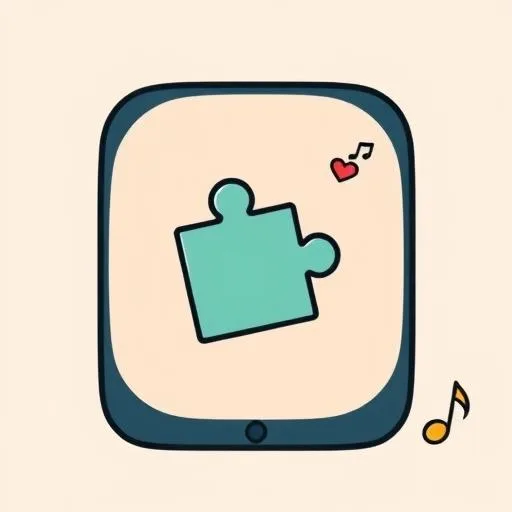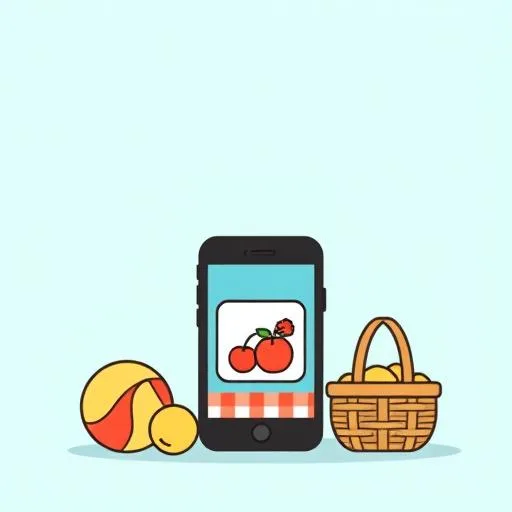
Zach Yadegari isn’t your typical college freshman—while most 18-year-olds are adjusting to dorm life, he’s running Cal AI, a calorie-tracking app pulling in $1.4 million monthly. He started coding at seven, inspired by games like Minecraft, and now leads a team of 30. His story isn’t just about viral success; it’s a spark that makes us wonder: How do we nurture that kind of passionate curiosity in our own kids, while keeping their childhood joyful and balanced? So what can we learn from his journey?
How Early Should Kids Start Learning Tech Skills?

Zach’s journey began at seven, with a summer coding camp his mom enrolled him in. It wasn’t about pushing him toward a career—it was about feeding a curiosity sparked by games he loved. That’s the sweet spot, isn’t it? Not formal lessons or pressure, but opportunities that align with what already makes their eyes light up. Turns out, motivation and social vibes play a big role in entrepreneurial success, but it’s the joy of exploration that keeps the fire burning.
You know how kids light up when they discover something new? Picture your kid, maybe around seven like many at this age, tinkering with something they adore—building blocks, drawing, even humming tunes. What if we gently open doors to related skills, like introducing simple coding games if they love puzzles, or music apps if they’re always singing? It’s not about creating a CEO by twelve; it’s about nurturing a love for learning that could blossom in unexpected ways later.
How to Balance Screen Time with Real-World Play?

Here’s the twist: Zach’s app, Cal AI, uses artificial intelligence to estimate calories from food photos—a tech solution to a everyday problem. It’s brilliant, but it also highlights a tension we all feel: How much tech is too much for our kids? With 8.3 million downloads, his app is helping people, but as parents, we’re also wary of screen time overshadowing hands-on play. How do we keep that balance between innovation and childhood joy?
Many families enjoy blending tech with outdoor fun, like picnics where we guess calories in our snacks for fun (without any apps!), then toss the phone aside to run around. It’s about blending tech as a tool for discovery, not letting it dominate. Why not use apps like Cal AI as conversation starters about health, then shift to a real-world activity, like whipping up a healthy snack together? That balance keeps the wonder alive both on and off screen.
Can Resilience Shape Your Child’s Future Success?

Zach’s success didn’t happen overnight; he learned through YouTube tutorials and even reached out to developers for guidance. That persistence—the willingness to try, fail, and try again—is gold. Studies highlight that traits like motivation and effort expectancy are key for young entrepreneurs, but I see it as something deeper: resilience.
Picture your child facing a challenge, maybe a tricky puzzle or a friendship hiccup. Instead of jumping in to fix it, gently encouraging them to push through builds that inner strength. It’s those heartwarming “aha!” moments that stick with them, where they realize they can overcome obstacles on their own. That grit shapes not just future ventures but their whole approach to life’s ups and downs.
How to Nurture Innovation and Kindness in Kids?

While Zach’s story is inspiring, research reminds us that the average founder age is around 45—so there’s no rush. Our role isn’t to fast-track our kids to CEO status; it’s to foster an environment where curiosity, ethics, and shared values like perseverance and community support thrive. Think of it as planting seeds: reading together, exploring nature, or even discussing how apps like Cal AI work behind the scenes.
As we watch our children grow, let’s focus on the skills that truly matter: critical thinking, empathy, and the courage to pursue their passions. Whether they become entrepreneurs, artists, or anything in between, it’s that foundation of support and love that will carry them forward. So here’s to celebrating their small wins today, knowing they’re building something beautiful for tomorrow. What small step can you take today to nurture their curious spirit?
Source: 18-year-old CEO learned to code at age 7—now he has a $1.4 million-a-month AI app, Free Republic, 2025/09/06 21:48:22
